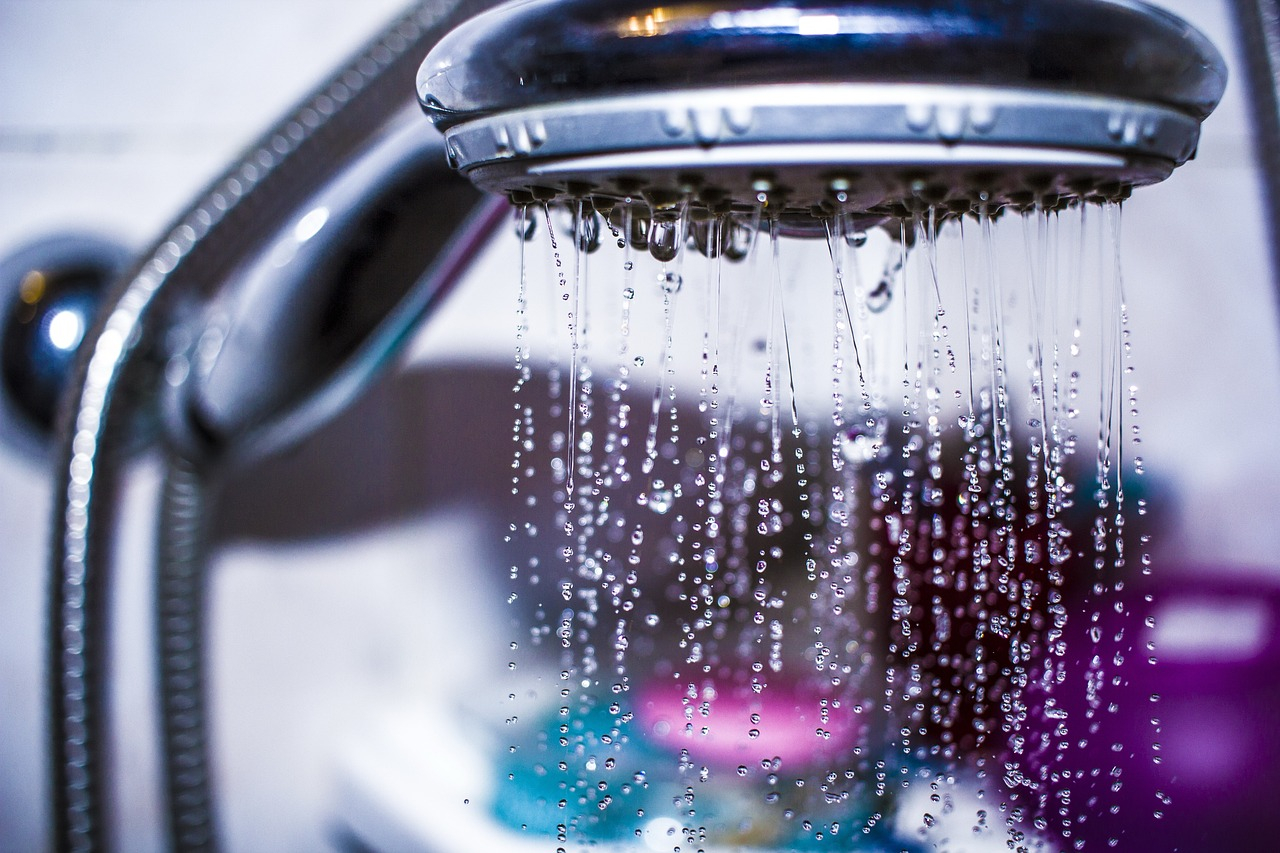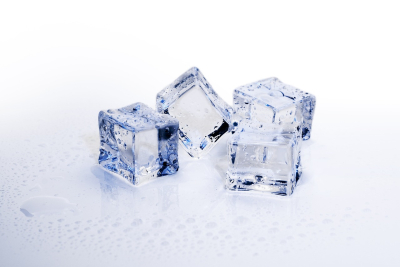Historical context and modern application
Cold water immersion has been utilized for centuries for its purported health benefits. Ancient Greeks believed in the healing properties of cold baths, and this practice has persisted through the ages. Modern cryotherapy can take various forms, including cryosurgery for lesions, ice packs for swelling, and ice baths for muscle recovery and stress reduction. Cold showers represent a more accessible form of this therapy, and their popularity continues to grow.
Mental and heart health
Dr. Corey Simon, an associate professor in the Department of Orthopedic Surgery at Duke University, emphasizes that the benefits of cold showers may primarily stem from the psychological process of adapting to and overcoming stress. The act of gradually getting used to cold water can enhance one's ability to manage stress effectively. A study published in October 2022 in the journal Current Psychology found that participants who took cold showers at temperatures between 50°F and 57.2°F (10°C to 14°C) for up to a minute daily reported lower stress levels compared to a control group. The benefits were more pronounced when participants practiced deep breathing techniques before their showers.
Simon himself takes cold showers once or twice a week, noting that it helps him become more mentally present by forcing him to endure the discomfort. Dr. Rachelle Reed, an exercise physiologist, has observed that cold showers can improve mood and energy levels, likely due to increased production of neurotransmitters like epinephrine, norepinephrine, and dopamine. These psychological benefits may also contribute to the perception that cold showers can reduce pain, which is often influenced by psychological factors.
Supporting immunity
Cold showers might also support the immune system. A study from May 2014 tested whether a group of Dutch men could improve their immune response through a combination of meditation, deep breathing, and cold showers over ten days. The participants who practiced these techniques had fewer symptoms when exposed to a bacterial infection, producing more anti-inflammatory chemicals and fewer inflammatory proteins. However, Simon cautions that reducing the inflammatory response to temporary illness might delay or hinder recovery, as acute inflammation plays a crucial role in healing.
A separate study from September 2016 in the Netherlands found that individuals who took cold showers for 30 to 90 seconds experienced a 29% reduction in sick leave from work. While anecdotal reports also suggest that people get sick less often with regular cold showers, more research is needed to confirm these findings.
Fitness and muscle recovery
Cold showers may be beneficial for muscle recovery, particularly on rest days. Dr. Reed advises against using cold therapy immediately after resistance training, as it can disrupt the inflammation process necessary for muscle growth and strength development. Instead, cold showers can be used on non-training days to help alleviate muscle soreness. Additionally, while cold showers may temporarily boost metabolism, there is no strong evidence linking them to significant weight loss.
How to start taking cold showers
For those interested in trying cold showers, experts recommend starting gradually. The ideal temperature range for cold showers is between 50°F and 60°F (10°C to 15.5°C), but using a thermometer is not necessary. Begin with lukewarm water and slowly transition to cold to avoid a shock to the system. Start with 15 to 30 seconds of cold exposure and gradually increase the duration by 15 seconds every few weeks.
To stay calm during the shower, practice box breathing: inhale for four counts, hold for four counts, exhale for four counts, and hold for four counts. Listen to your body's signals and exit the cold if necessary.
While cold showers are not a guaranteed solution for improving overall health, they can be a valuable addition to a healthy lifestyle supported by a balanced diet, proper hydration, regular physical activity, and sufficient sleep. In a world full of stressors, the practice of taking cold showers can provide a unique and refreshing way to enhance mental and physical resilience.
source: CTV NEWS


 The consumption of ultra-processed foods is a growing concern worldwide due to its links to major health issues. From obesity
The consumption of ultra-processed foods is a growing concern worldwide due to its links to major health issues. From obesity Loneliness, a widespread and often unspoken issue, has been recognized as a significant public health concern. Research shows it can
Loneliness, a widespread and often unspoken issue, has been recognized as a significant public health concern. Research shows it can Cold water therapy, a practice gaining popularity among celebrities and athletes, is becoming a global trend. With promises of stress
Cold water therapy, a practice gaining popularity among celebrities and athletes, is becoming a global trend. With promises of stress

